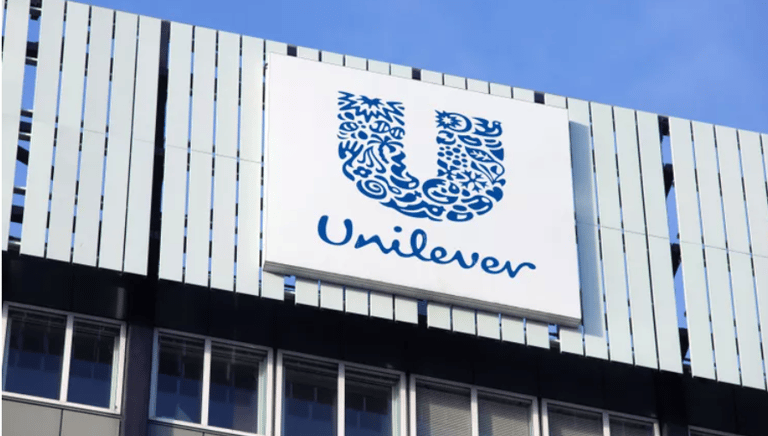Prestige Beauty Refill Stations: A Quiet Revolution
Sophia, The LuxEco Edit
7/5/20253 min read


Refill Culture Reimagined: Unilever’s Prestige Brands Test In-Store Stations
As sustainability becomes a defining marker of modern luxury, the beauty industry’s packaging problem is finally getting the attention it deserves. In July 2025, Unilever’s prestige skincare division — which includes names like Dermalogica, Murad, and REN Clean Skincare — announced a pilot programme for in-store refill stations across select retailers in the UK and France.
It may seem like a small experiment. But when a multinational giant puts its weight behind circular packaging at scale, it could signal the start of a quiet revolution — and reshape how we define luxury.
A Brief History: The Rise of Refill Culture
Refillable beauty isn’t new. Pioneering brands like Lush and The Body Shop have championed returnable bottles and in-store refills for decades. Smaller indie brands have tested refillable pouches, solid bars, and closed-loop schemes — but the challenge has always been scaling these concepts for the prestige market.
In luxury beauty, packaging isn’t just functional — it’s part of the product’s identity. Heavier glass jars, magnetic closures, and ornate boxes are all designed to convey opulence and justify a higher price point. Yet these same materials contribute to an industry that produces over 120 billion units of packaging each year, much of which ends up unrecycled.
When big players like Unilever take refills seriously, it pushes the conversation beyond niche and into the mainstream.
Consumer Appetite for Circular Beauty
A recent Vogue Business report revealed that over 60% of prestige skincare customers say they would choose a refill option for products like cleansers and moisturisers, provided hygiene and shelf life are guaranteed. This shift reflects a broader change: sustainability is no longer seen as an optional perk — it’s increasingly part of what makes a product feel truly premium.
A 2024 Mintel survey backs this up: 72% of UK beauty shoppers are willing to pay more for packaging that is reusable or refillable, so long as it doesn’t compromise product quality.
However, there’s still a gap between intention and action. Convenience, product safety, and the in-store experience all matter. For refill culture to succeed at scale, these elements must feel seamless, intuitive, and luxurious.
The Hygiene Hurdle
Unlike refillable household cleaning products or dry foods, skincare presents unique challenges. Any break in product safety, from bacterial contamination to air exposure, could compromise the entire customer experience.
Unilever’s pilot reportedly includes sealed refill cartridges, trained staff, and rigorous sanitation protocols. This model aims to blend the ritualistic feel of a luxury skincare counter with the practicality of a zero-waste refill — a delicate balance.
How Prestige Brands Are Competing
Unilever isn’t the only beauty giant testing the waters. L’Oréal’s premium lines have introduced refillable jars for some creams. Kiehl’s is experimenting with pouch refills in Asia. Tata Harper and Rituals have invested in in-store refill fountains and closed-loop collection points.
As this quiet shift grows, the biggest question is whether retailers can adapt their store layouts, staff training, and supply chains to support a circular system. Luxury refills can’t feel like an afterthought — they must feel intentional and elegant.
Luxury’s Packaging Problem
It’s worth remembering that the beauty industry’s environmental impact goes beyond ingredients. Packaging accounts for up to 70% of a product’s carbon footprint in some skincare lines, according to industry estimates (Cosmetics Business).
While glass is often marketed as the more sustainable choice, its production and shipping footprint can be heavy if not reused. This is where refills, pouches, and return schemes make a tangible difference — they keep containers in circulation for longer, lowering the total impact.
Editorial Reflection
When indie brands launched refills, they made it feel like an act of compromise — less convenient, a bit more work. But when major prestige players like Unilever get involved, the conversation subtly changes. Refill culture can become a mark of status, not sacrifice.
The real test will be whether shoppers embrace this shift long-term. If successful, prestige refills could normalise circular beauty across mass market and luxury alike — gently challenging our collective obsession with newness and excess.
Quiet luxury isn’t just about timeless formulas and glass jars on a vanity. It’s about a new kind of abundance: having less waste, more integrity, and the freedom to choose products that align with your values.
Curious how other luxury brands are rethinking packaging? Explore our insight on Refillable Packaging in Beauty: Sustainability Meets Design.
